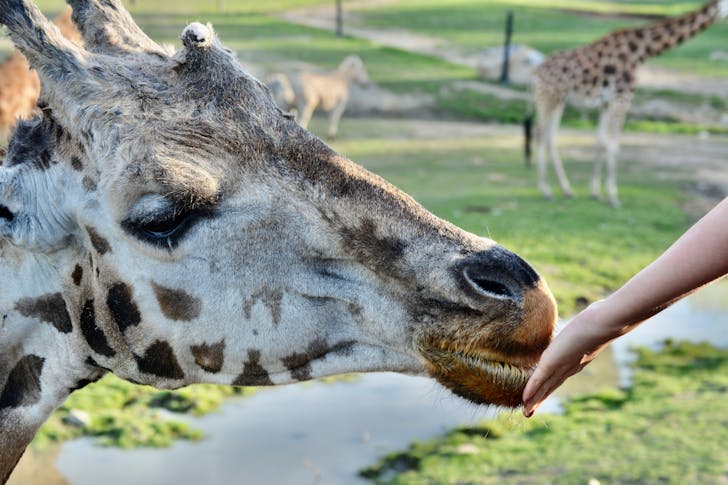Biophilia has become a powerful force driving global travel trends in recent years. This innate human attraction to nature has inspired travelers to seek experiences that foster deeper connections with the natural world. Nature-based tourism is booming, drawing visitors to destinations celebrating environmental beauty and promoting sustainable interaction with ecosystems. As people recognize the mental and physical health benefits of time in nature, travel industries worldwide are reshaping their approaches to meet this demand.
The Financial Influence of Nature Tourism
Nature tourism, a core aspect of biophilia, generates substantial economic value. Globally, it accounts for over $600 billion in revenue, supporting millions of jobs, especially in wildlife tourism. Wildlife-centered activities generate significant income for conservation areas, with Africa alone earning around $142 million annually in protected-area entrance fees. Like many African countries, this nature-based revenue is crucial in regions dependent on tourism, often contributing over 8.5% to national GDP and sustaining local communities.

Karin Lehnardt/ Inspiresafaris | Wildlife-centered activities generate significant income for conservation areas.
Moreover, nature's economic impact is felt beyond tourism. Over half of the world’s GDP, about $44 trillion, depends on natural resources. This interdependence has led to a growing emphasis on balancing economic growth with environmental sustainability. As the global tourism sector continues expanding, ensuring that natural resources are protected while supporting economic growth remains a top priority.
The Shift Towards Sustainable Travel
The surge in biophilia-focused travel aligns with growing awareness about sustainability. Post-pandemic, tourists are increasingly interested in destinations that offer beautiful landscapes and commit to environmental stewardship. With global travel and tourism’s GDP expected to reach $11.1 trillion in 2024, the sector is pressured to adopt sustainable practices that protect biophilic spaces for future generations.
The World Travel and Tourism Council (WTTC) reports that the sector’s growth could surpass that of the broader economy, potentially creating over 100 million jobs by 2033. However, these gains must not come at the cost of natural spaces. Countries are encouraged to adopt practices that reduce environmental impact, from promoting eco-friendly accommodations to supporting conservation efforts, ensuring a balance between economic benefit and ecological responsibility.
Progress in Environmental Sustainability
Efforts to make tourism more sustainable are evident in the industry's increased use of renewable energy. Since 2019, the Environmental Sustainability score on the Travel and Tourism Development Index (TTDI) has risen by 2.7%, with Energy Sustainability up by 4.6%. More hotels and travel companies are investing in solar and other low-carbon energy sources, demonstrating a commitment to minimizing their ecological footprint.
Yet, challenges remain. Pollution control and environmental protections lag in some areas, with the Pollution and Environmental Conditions subpillar only increasing by 0.5%. High pollution levels and habitat loss continue to threaten biophilic destinations worldwide, reducing the quality of natural experiences and harming local ecosystems. This calls for more robust actions, such as stricter air quality regulations and greater conservation investments.
Collaborating for a Sustainable Future
Collaboration across sectors is essential to support biophilic tourism. Initiatives like the World Economic Forum’s Nature Action Agenda aim to protect biodiversity by fostering partnerships between governments, businesses, and non-profits. The Agenda aligns with the Global Biodiversity Framework, targeting goals like halting biodiversity loss by 2030 and promoting harmony between humans and nature by 2050. These efforts reflect a shared responsibility to safeguard natural resources and biodiversity for future generations.








